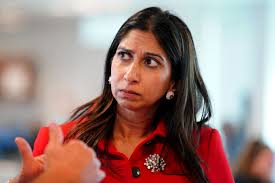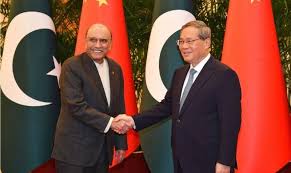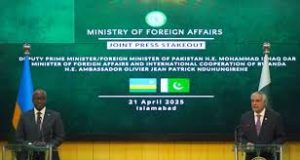UK home secretary to call for changes to UN refugee rules

London: Britain’s Home Secretary Suella Braverman will call on Tuesday for governments to consider rewriting global refugee rules so they are “fit for the modern age” and do not deem being gay, or a woman, enough of a reason to qualify for asylum.
Addressing the American Enterprise Institute think-tank in Washington, Braverman will set out her case for how to tackle the global refugee crisis.
Braverman will call for changes to the United Nations 1951 refugee convention – the legal foundation for the protection of refugees worldwide – ratified by Britain and about 150 other countries.
The convention enshrines the principle that states that have signed up to the convention must protect civilians fleeing conflict or persecution.
Braverman will argue that case law arising from the convention has lowered the threshold so that asylum seekers need only prove that they face “discrimination” instead of a real risk of torture or violence.
The number of people who may therefore qualify for asylum has reached “unsustainable” levels and “being gay, or a woman, and fearful of discrimination in your country of origin, is sufficient to qualify for protection”, Braverman will say, according to extracts released by her department.
The convention has been one of the biggest legal barriers to deter people arriving in small boats and to send them either home or to so-called safe third countries such as Rwanda.
Stopping small boat arrivals across the Channel from France is a priority for British Prime Minister Rishi Sunak. Almost 24,000 people have been detected crossing the Channel in small boats this year, despite Sunak’s promise to “stop the boats”.
In her speech, Braverman will insist asylum seekers should instead be obliged to make a claim in the first safe country they reach.
“The vast majority have passed through multiple safe countries, and in some instances have resided in safe countries for several years,” Braverman will say.
“In this sense, there is an argument that they should cease to be treated as refugees when considering the legitimacy of their onward movement.”





